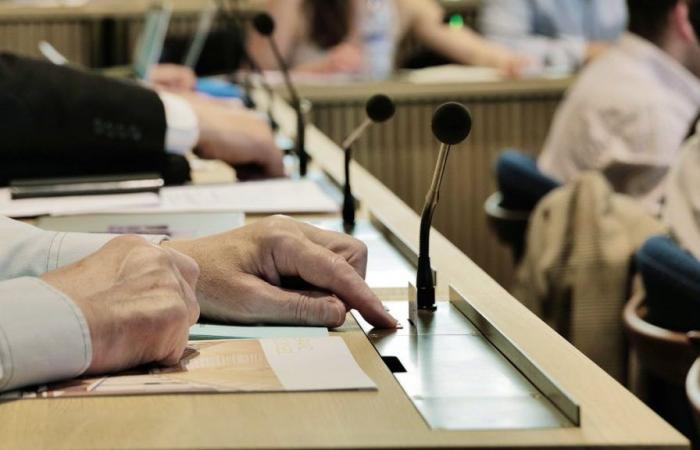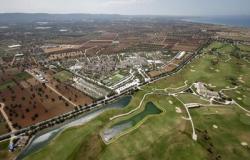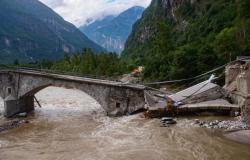From Geneva last week to Lausanne a little earlier, municipal elected officials have pressed pause for the holidays. Another common point: a heap of work awaits them when they return. Indeed, the agendas in plenary sessions are overflowing: some votes have been pending for 6 or 7 years in the City of Calvin or in the Olympic capital. This is the case in most cities, but also in the cantonal and federal parliaments, many elected officials point out. Impossible to do without: “Legally, no object – even one that is now obsolete – can be abandoned,” reports the secretariat of the Lausanne Municipal Council.
Thus, since the start of the legislature in June 2023, 84 committee reports are still waiting to know their fate before the Geneva City Council, which generally meets twice a month for 4-hour sessions each. However, efforts have been made. For three years at the end of the lake, the rules have changed. Any object older than 5 years is automatically submitted to the vote (Editor’s note: a period set to encompass a change of legislature and therefore possibly of political majority). “This is done once a year, but it is impossible to review everything,” says Isabelle Roch-Pentucci, head of the municipal council department. She also notes that the agenda, which had up to 280 points at the beginning of the year, increasingly includes subjects to be dealt with urgently, but also questions to magistrates, resolutions, etc.
On the Lausanne side, a reorganization of the sessions in 2023 made it possible to avoid adding even more subjects, but also to deal with them more quickly. The Executive and the Deliberative can in particular ask to deal with one to three old objects at the beginning of each session. On the other hand, experiments have been carried out to reduce the agenda by dealing with the objects by theme, but “this has not speeded things up”, says Frédéric Tétaz, secretary of the Municipal Council.
The general consensus is that a shift occurred about fifteen years ago: the schedule of sessions then swelled. Why? Elected officials have several hypotheses. The subjects have become more complex, and therefore require more time to be dealt with. The online or television broadcasting of the debates has also pushed some speakers to prolong the pleasure in order to occupy the airwaves.
Lausanne resident Anaïs Timofte (Ensemble à Gauche) sees this as a sign of a change in political communication: “You have to be visible, a lot and often, especially on social networks. Elected officials are perhaps more proactive than before because they feed their own communication or that of their party, for example by returning several times to the same subject, to occupy a prominent place on a given theme. All this takes time in plenary.” Another possibility: with an increasingly heavy workload for elected officials, the turnover within political staff is intensifying and thus reducing the long-term follow-up of files, which slows down their processing.
The solution to speed up the agenda of the Deliberatives would notably involve new skills, according to many elected officials. For 17 years on the Municipal Council of the City of Geneva, Alain de Kalbermatten (Le Centre) speaks of “egos and ambitions” that chain together interventions in plenary. But these are “gesticulations” that he understands: “It is in a way our only possibility of occupying the field in the face of a professionalized executive power which, in finedecides everything. In order to exist, we are reduced to multiplying actions. With more skills, this would happen less often.”






